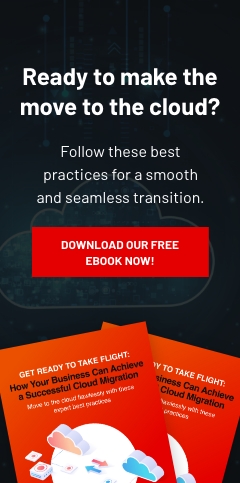In today’s digital age, data privacy has become a huge public concern not only because of how companies handle private data but also because of how vulnerable data is to breaches. A company may possess the private information of employees, clients, and customers — information that needs protection. A single breach is all it takes for cybercriminals to steal all that data to commit fraud, identity theft, and blackmail.
What is data privacy?
Data privacy is a branch of data security that focuses on how personal data is collected, stored, and shared. For many companies, data is an important asset. The rise of the data economy saw businesses looking for various ways to collect, store, and share personal data. However, consumers have the right to protect their data, and businesses can't just collect or use that data without consumers' consent.
Businesses should be transparent in how they manage the data they collect in order to build trust and establish accountability with clients and customers who expect privacy.
According to Dr. Ann Cavoukian, former Information and Privacy Commissioner for Ontario, Canada, "Privacy forms the basis of our freedom. You have to have moments of reserve, reflection, intimacy, and solitude." Cavoukian is also known for helping develop Privacy by Design (PbD), which became the foundation for various contemporary data privacy legislation.
Data privacy and data security: What's the difference?
Data privacy and data security are oftentimes used interchangeably, but there are key differences between the two.
- Data privacy is concerned with how private data is collected, stored, and shared.
- Data security protects data from internal and external threats through authentication, key management, and encryption.
Data protection is a vital part of data privacy
Despite the recent advances in data privacy practices and legislation, the privacy of consumers is constantly being invaded by companies and governments. There are many companies that greedily collect the personal data of their customers using passive location trackers, apps that secretly access their address book, and websites that record their keystrokes — with no consent from the customers.
Companies that gather and use personal data without prior consent can be fined according to data privacy laws set by the General Data Protection Regulation (GDPR), the Gramm-Leach-Bliley Act (GLBA), the California Privacy Rights Act (CPRA), and the Health Insurance Portability and Accountability Act (HIPAA).
As a business owner, it is your responsibility to protect not only your company's data but also the data of your customers and partners. Without proper data protection measures in place, your company is vulnerable to a data breach that can potentially compromise your clients' personal information.
In addition, if you can't keep your customers' data private, you're not only violating data privacy laws, but you also risk ending up with disgruntled customers who will leave you in favor of a competitor. Here are some data privacy and protection best practices your company should follow:
1. Know what kind of data you're handling
Not all data are equal in value. Some are more sensitive than others, which is why it's important to know what kind of data is collected, used, and shared.
2. Protect data from unauthorized access
Implement strict security policies to ensure employees can only access the data they need to do their work. Computers and other devices with access to private data should have security measures such as antivirus software, multifactor authentication, and encryption tools in place to prevent unauthorized access.
3. Train your employees
Your employees should know about the importance of data protection. Conduct regular training sessions so they'll understand the processes involved in collecting, using, and sharing sensitive data properly.
Safeguarding your customers' data requires strategic data management, which you can get from a managed IT services provider like Complete Document Solutions. We offer real-time network monitoring to protect sensitive data from internal and external threats. If you want to learn more about our cybersecurity services, download our free eBook today.



Leave a comment!